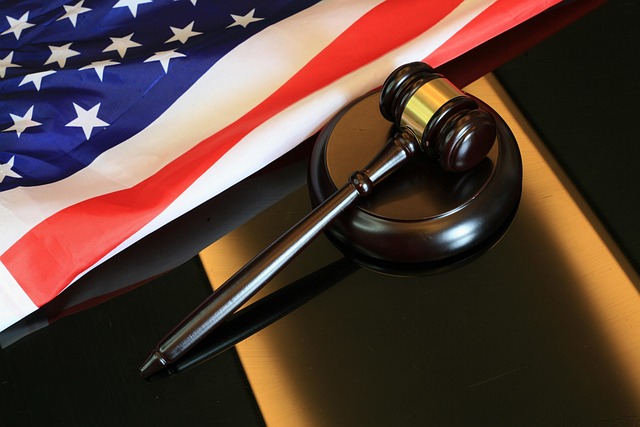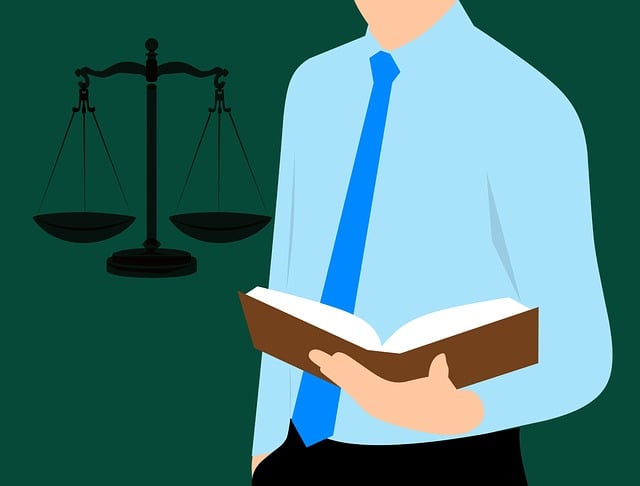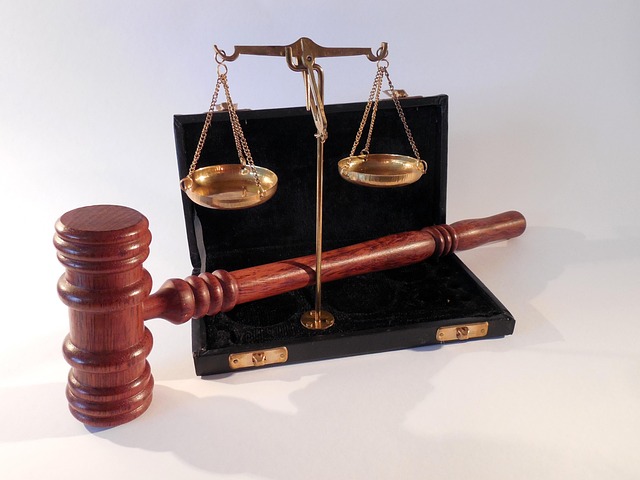Litigation varies widely, from civil disputes to criminal trials, each with unique rules and outcomes. Understanding these types is crucial for plaintiffs and defendants, guiding legal action. In criminal litigation, Due Process Rights are paramount, ensuring fair trials, protection against self-incrimination, and the right to legal representation. These rights, especially important in jury trials, safeguard individuals from unjust convictions and uphold justice system integrity. Civil lawsuits focus on resolving non-criminal issues, aiming for compensation or specific performance, while criminal cases involve the state prosecuting individuals accused of crimes against society, emphasizing punishment, rehabilitation, and community protection. Specialized litigation ensures balanced deterrence and proportional punishment for white-collar crimes, fostering a fair and effective legal system while safeguarding due process rights.
Litigation types play a pivotal role in the pursuit of justice, with each type—from criminal to civil proceedings—having distinct characteristics and implications. Understanding these variations is crucial, especially regarding due process rights in criminal trials, where protections for the accused are paramount. This article offers an in-depth look at various litigation types, their key differences, and how they shape legal outcomes, shedding light on the intricate balance between procedural fairness and the pursuit of justice.
- Understanding Litigation Types: An Overview
- Due Process Rights in Criminal Trials: Protecting the Accused
- Civil Litigation vs. Criminal Proceedings: Key Differences
- The Impact of Litigation Types on Legal Outcomes and Justice
Understanding Litigation Types: An Overview

Litigation comes in various types, each with its own set of rules, procedures, and potential outcomes. Understanding these types is crucial for both plaintiffs and defendants as it dictates the course of legal action. This overview aims to demystify the process and empower individuals to navigate the complexities of the legal system. From civil disputes to criminal trials, each type has distinct characteristics that impact how cases are handled and resolved.
In the realm of criminal litigation, for instance, ensuring Due Process Rights in Criminal Trials is paramount. This involves a fair trial, protection against self-incrimination, and the right to legal representation. Achieving extraordinary results often hinges on these fundamental principles, which safeguard individuals from unjust convictions while upholding the integrity of the justice system. This understanding can significantly impact how one approaches legal battles, whether for personal gain or to serve the philanthropic and political communities.
Due Process Rights in Criminal Trials: Protecting the Accused

In any criminal trial, ensuring the protection of an accused’s Due Process Rights is paramount. This involves a series of legal safeguards designed to safeguard individuals from arbitrary or unfair prosecution. These rights are particularly crucial in the context of jury trials, where the decision-making power rests with a group of citizens selected from the community. The accused has the right to be informed of the nature and cause of the accusation, ensuring they understand the charges against them. Additionally, they are entitled to confront witnesses, allowing them to question and challenge evidence presented by the prosecution. This process is essential for building a robust defense, especially in complex cases involving white-collar crime.
The Due Process clause also guarantees the right to an impartial jury, free from external influence or bias. This ensures that the trial remains fair and just, providing a level playing field for both the prosecution and general criminal defense strategies. Furthermore, the accused has the privilege against self-incrimination, meaning they need not testify against themselves. These rights collectively form the cornerstone of a just criminal justice system, ensuring that every individual stands equal before the law.
Civil Litigation vs. Criminal Proceedings: Key Differences

Civil litigation and criminal proceedings are two distinct legal processes with fundamental differences in their nature and objectives. While both involve disputes between parties, they serve different purposes and operate under unique principles. In civil litigation, the focus is on resolving conflicts between individuals or entities, such as businesses, over non-criminal matters. This can include contract breaches, personal injuries, property disputes, and more. The primary goal is to award damages or specific performance to rectify the harm caused. On the other hand, criminal proceedings are designed to address alleged crimes committed against society at large.
In criminal trials, the state or a government body initiates the action, seeking to prove beyond a reasonable doubt that an individual has violated a criminal statute. This process is governed by strict rules and protections, such as due process rights, ensuring fairness and accountability. Unlike civil litigation where the primary focus is on compensation, criminal proceedings aim to punish and rehabilitate offenders while protecting society. The right to a jury trial is a significant distinction; both corporate and individual clients in civil cases can opt for jury trials, whereas in criminal matters, it depends on the jurisdiction and the specific crime charged.
The Impact of Litigation Types on Legal Outcomes and Justice

Litigation types significantly shape legal outcomes and access to justice. The type of case, whether civil or criminal, and its specific nature, such as white-collar or economic crimes, influences the procedures, evidentiary standards, and potential remedies available to parties involved. For instance, jury trials offer a communal decision-making process, enhancing transparency but potentially introducing bias. In contrast, bench trials provide quicker, more confidential resolutions, relying solely on a judge’s interpretation of the law.
Understanding these variations is crucial, especially in criminal cases where due process rights are paramount. The investigative and enforcement stages, encompassing all stages of the process from initial investigation to sentencing, demand meticulous adherence to legal principles. For white-collar and economic crimes, where complex financial transactions often obscure underlying misconduct, specialized litigation types that balance deterrence with proportional punishment become essential. This ensures not only justice but also due process rights for those accused, fostering a fair and effective legal system.
In understanding litigation types, particularly the nuances between civil litigation and criminal proceedings, it’s evident that each has distinct implications for legal outcomes and justice. The article has explored how crucial aspects like due process rights in criminal trials play a pivotal role in protecting the accused. By recognizing the key differences between these two domains, we can navigate complex legal landscapes more effectively, ultimately fostering a fairer and more just system.






